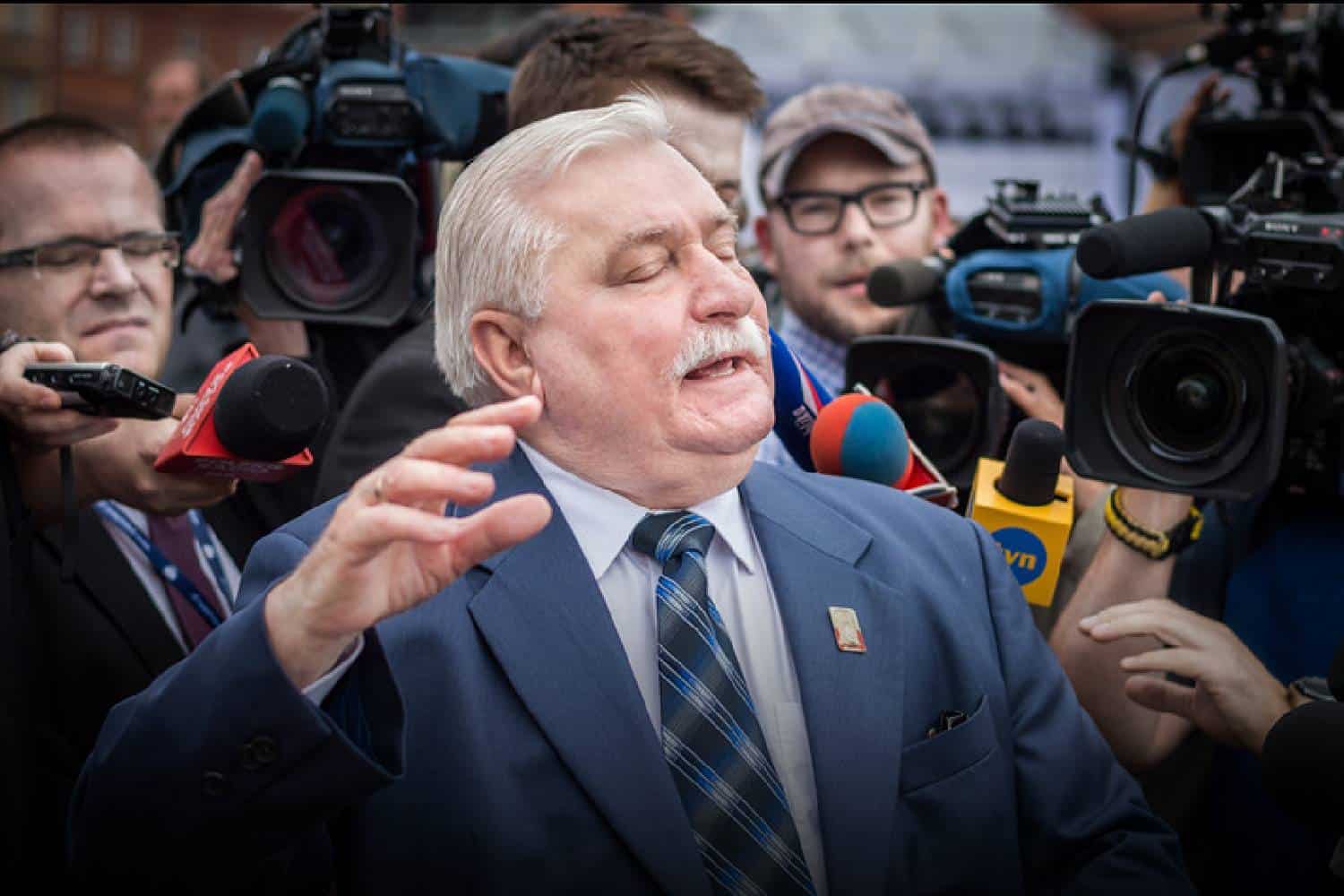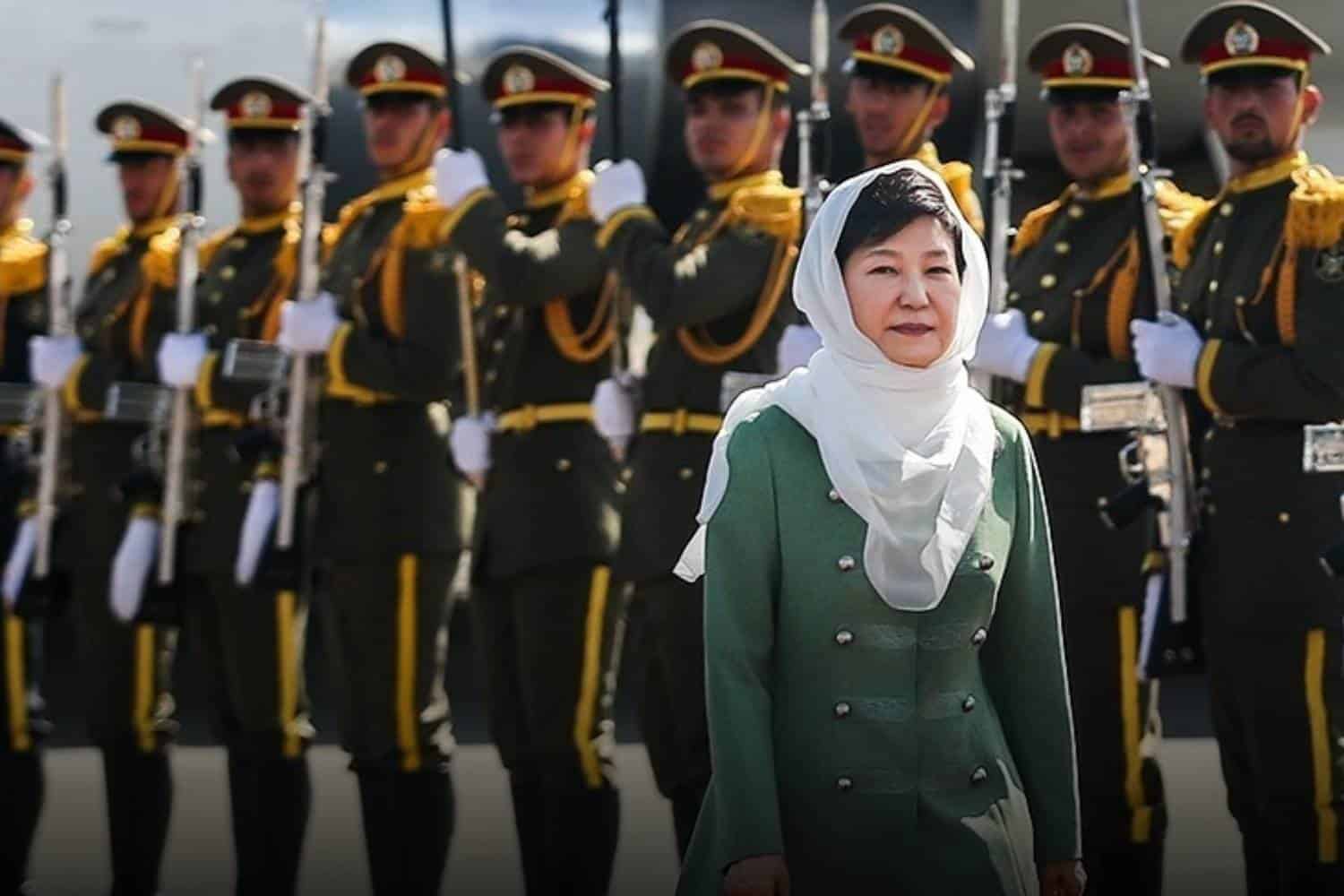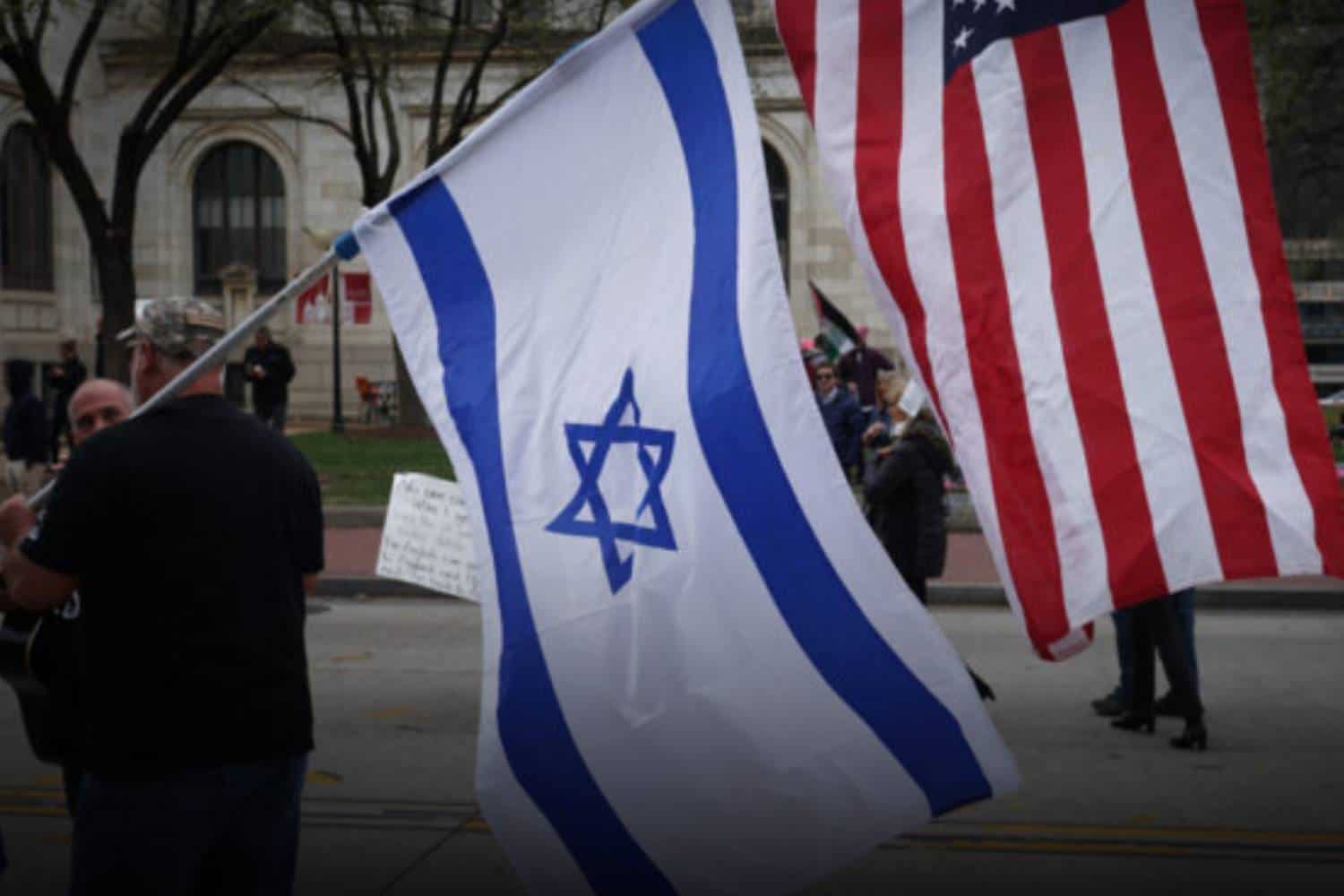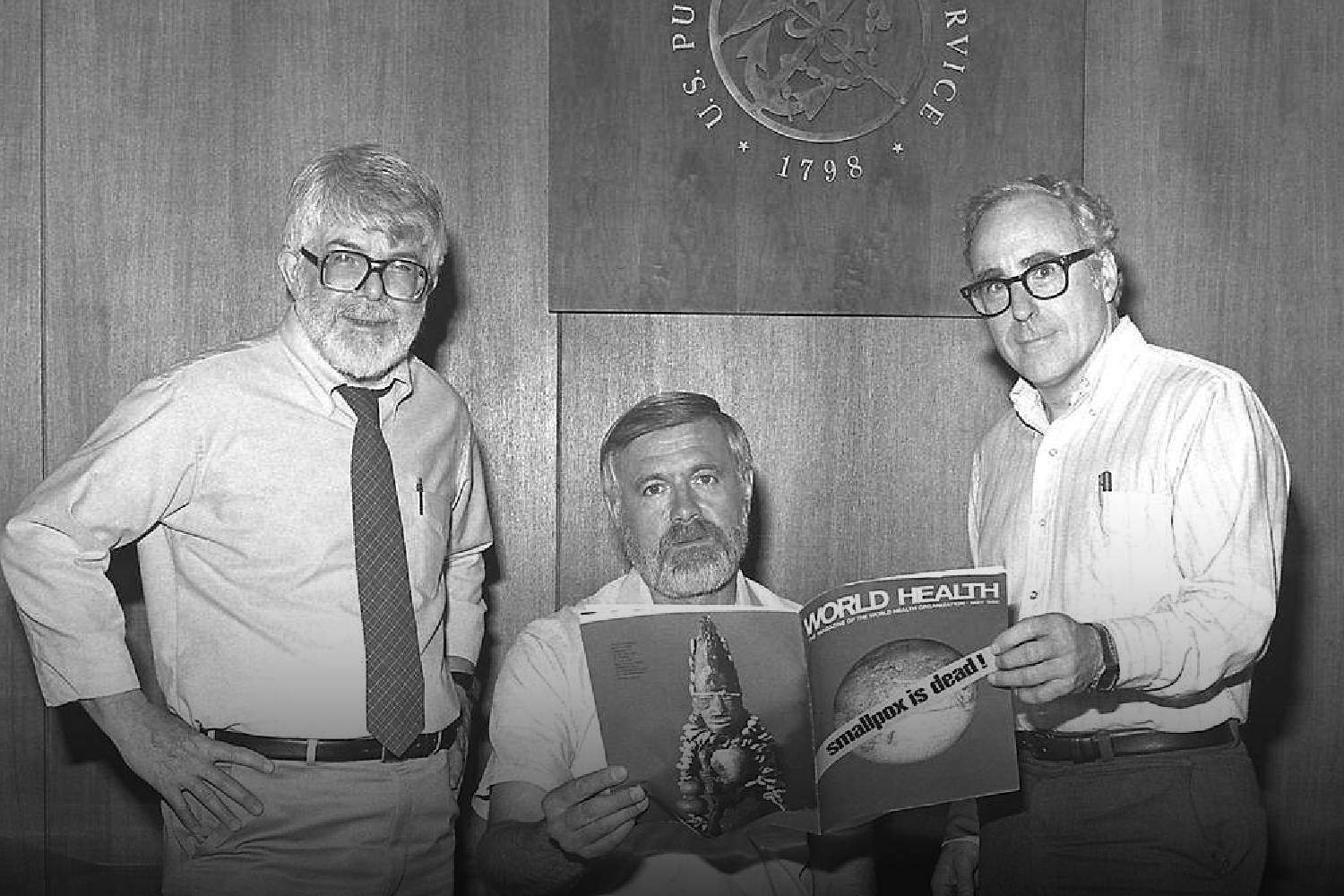This day, 9 December, stands out in the annals of history, marked by events that have had far-reaching impacts across various spheres of life.
Five historical events that happened on 9 December
PLEASE NOTE: The third-party content below is shared on our platform for journalistic purposes. Swisher Post, its parent company, partners and affiliates shall not be held liable for any consequence that arises from the journalistic duties performed in sharing this content.
Throughout history, certain dates have borne witness to events that not only capture the essence of their time but also influence the course of future generations.
December 9 is one such date, etched into the collective memory for a series of occurrences that span the spectrum of human experience.
From cultural icons to monumental political shifts, this date brings together a mosaic of moments that have each, in their own way, left a lasting imprint on the world.
Lech Wałęsa’s Presidential Victory (1990)

On 9 December 1990, a significant shift occurred in Poland’s political landscape. Lech Wałęsa, the renowned leader of Solidarity, Poland’s first independent trade union, won the country’s first direct presidential election by a landslide.
This victory was not just a political triumph for Wałęsa, who had previously won the Nobel Peace Prize in 1983, but also a pivotal moment for Poland as it transitioned from communist rule to a democratic government.
Wałęsa’s presidency symbolised the culmination of years of resistance against communist oppression and the beginning of a new era in Polish politics.
Impeachment of South Korean President Park Geun-Hye (2016)

December 9 2016, marked a critical juncture in South Korea’s political history when President Park Geun-Hye was impeached by the National Assembly amid allegations of corruption.
This impeachment led to her eventual removal from office the following year after the country’s Constitutional Court upheld the parliamentary decision.
Park’s impeachment was a landmark event in South Korea, reflecting the nation’s commitment to upholding the rule of law and democratic principles in the face of political scandal.
United Nations Declares Anti-Semitism a Form of Racism (1998)

On this date in 1998, the United Nations General Assembly made a significant declaration by recognising anti-Semitism as a form of racism.
This acknowledgement was a crucial step in the global fight against prejudice and discrimination. By formally denouncing anti-Semitism, the United Nations reinforced its commitment to promoting human rights and combating all forms of racism and discrimination worldwide.
Smallpox Eradicated (1979)

December 9 is a landmark date in the history of public health. On this day in 1979, ten years after the World Health Organisation began a global vaccination program against smallpox, the disease was officially declared eradicated.
This achievement stands as one of the greatest triumphs in medical history, demonstrating the power of international cooperation and vaccination in combating infectious diseases.
Premiere of ‘A Charlie Brown Christmas’ (1965)

The beloved animated special A Charlie Brown Christmas first aired on American television on 9 December 1965. Featuring characters from Charles Schulz’s popular Peanuts comic strip, the show quickly became a holiday classic.
Its enduring popularity reflects not only its charming animation and storyline but also its ability to capture the true spirit of the holiday season.
